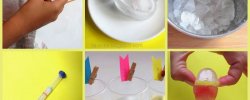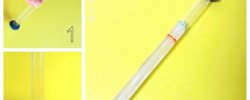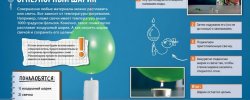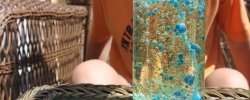Children And Parents Experiment
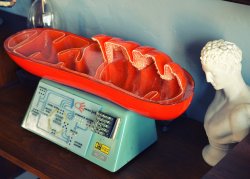 Mitohondria model in cut
Mitohondria model in cut
Photo: Gregory Han / flickr.com
The expert commission from the US National Academy of Sciences, Engineering and Medicine (NAS) recognized the ethical clinical tests of extra-corporated fertilization (ERC) in which the child receives DNA from three parents. The Commission had also formulated conditions to ensure the integrity of the procedures and had set them out in the report.
A man of tens of thousands of genes with full information on the structure of the body is stored in the cell core. Besides, he has his DNA on a mitochondry-- a cellular organella that develops energy. It contains only 37 genes that codify only the device of the mythochondria itself. The child will receive these organellas from the mother, as the mytochondria of spermatosis will be destroyed soon after conception.
DNA defections to mythogondriy cause their work is wrong. This is manifested by violations of the functions of various bodies, especially with high energy consumption (mosses, hearts, muscles and others). Such violations can be of varying degrees of severity, from lung to potentially lethal, and tend to progress over time.
In order to prevent children from inheriting their mother ' s mitochondrial defects, ECO modifications have been developed, where the nucleus of the fertilized or inferior egg of the mother is placed in a donor nuclei with a pre-remote nuclei. Thus, the child receives the basic genome from the mother and father, and the mitochondrial DNA from the donor woman. This procedure was successfully tested on animals and was allowed to clinical trials in Britain in February 2015.
The American Commission considered the ethics of a study of the methodology in humans upon request by the U.S. Department of Products and Medicine (FDA), which licenses such activities. In general, experts recognized the experiments as ethical if they were conducted with a number of limitations.
As the commission has concluded, only male embryos should be selected at the first stage of the drying test - they will not be able to transmit mytochondria to their descendants. To participate in the experiment, only women with well-established abnormalities of mythochondriy will be selected, which are likely to lead to a severe illness of the future child. The mother ' s ability to deliver a child without heightened risk to his or her health will also be necessary. Testing will only be permitted for health centres with the highest level of reproductive technology.
If the initial test stage is successful and after a sufficient number of observations have been accumulated, these restrictions will be gradually reduced.
